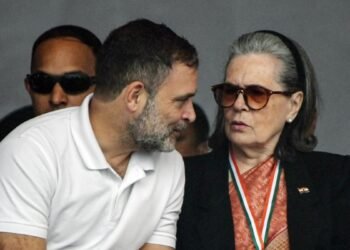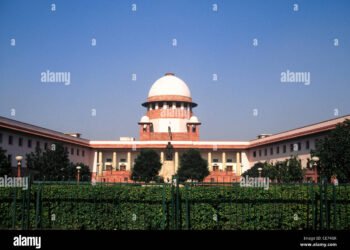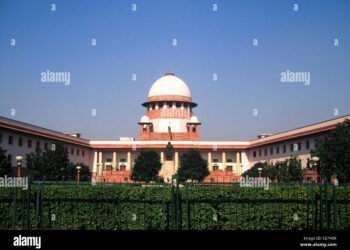On March 4, a seven-judge Supreme Court panel rendered a decision regarding the possibility of MPs and MLAs claiming immunity for bribes received in exchange for votes and speeches in state and federal assemblies.
The seven-judge bench decided the scope of legislative privileges under Articles 105(2) & 194(2) of Constitution. Let’s have a look at Supreme Court’s proceedings.
The question of whether MPs and MLAs can assert immunity for bribes received in exchange for votes or statements in Parliament or assemblies was decided upon unanimously, according to Chief Justice of India (CJI) DY Chandrachud.
“In the course of this judgment, while analysing majority and minority decision of Narsimha Rao judgment, we disagree and overrule the judgment that parliamentarian can claim immunity. The majority’s decision in , which gives lawmakers immunity, ought to be overturned because it poses a serious risk,” Chief Justice of India Chandrachud added.
Furthermore, the Supreme Court mentioned that granting any privilege unrelated to how Parliament or the legislature operates will result in the creation of a class that enjoys unrestricted exemptions from the application of national law.
Parliamentary privileges are fundamentally tied to the House as a whole and crucial to its operation, the seven-judge panel emphasized. The Supreme Court stated that the goals and deliberative objectives of the Constitution are destroyed by bribery and corruption.
In a verdict delivered in 1998, a five-member bench decided that parliamentary privileges granted by Articles 105(2) and 194(2) of the Constitution shielded MPs and MLAs from punishment for accepting bribes to give speeches and cast votes in the legislature.
However, Jharkhand Mukti Morcha leader Sita Soren claimed Article 105 immunity in an appeal filed in 2012 after she was charged with receiving a bribe in exchange for a Rajya Sabha vote in that particular year.
Also Read: Jayant Sinha, Gautam Gambhir Opt Out Of Lok Sabha Polls














